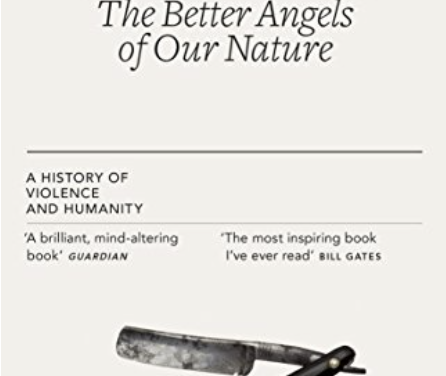The Significance of Stories
It is easy to take stories for granted, but they are an essential and unique element of human life. They are all around us; they shape our personalities and are the glue that binds groups of us together. In a genuine sense, they form our windows into the world. But each of us has our own unique set of windows, and they are more like “stained glass windows”, or even a fairground “house of mirrors” than panes of undistorting glass. So, even though there is a shared physical reality in which we all live, we all perceive it differently. Unfortunately, these differences in perception not only encourage tribalism and lead to conflict. They also allow us to persist in a collective lifestyle that severely threatens human life as we know it on our home planet.
Read More




